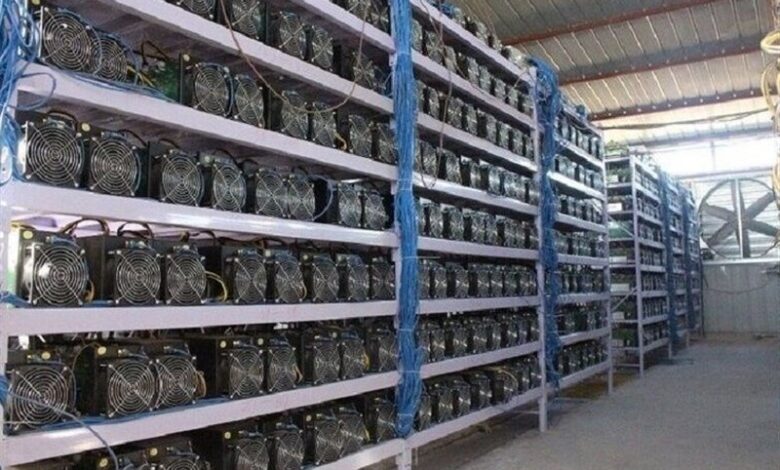Russian Government Bans Mining in Donetsk and 9 Other Region
Regions with Ban includes Dagestan, Ingushetia, Kabardino-Balkaria, Karachay-Cherkessia, North Ossetia, Chechnya, the Donetsk and Lugansk People's Republics, and the Zaporizhia and Kherson regions.

The Russian government has implemented a moratorium on cryptocurrency mining on Donetsk and 9 other specific regions, effective from January 1st, 2025, until March 15th, 2031. The decision, detailed in a resolution obtained by TASS, aims to address regional energy imbalances and ensure sufficient electricity supply for industrial needs.
The ban encompasses several regions, including Dagestan, Ingushetia, Kabardino-Balkaria, Karachay-Cherkessia, North Ossetia, Chechnya, the Donetsk and Lugansk People’s Republics, and the Zaporizhia and Kherson regions.
A temporary ban, coinciding with periods of peak energy consumption, will also be in effect in select areas of the Irkutsk Region, Buryatia, and Zabaikalsky Krai. For 2025, this temporary restriction applies from January 1st to March 15th; subsequent years will see the ban implemented from November 15th to March 15th.
Mining Ban in 10 Regions Explained
The government clarified to TASS that the list of affected regions is subject to revision, contingent upon decisions made by the government commission responsible for electric power development. Underlying this decision are concerns regarding the equitable distribution of electricity costs and the impact of cryptocurrency mining on regional grids.
Sergey Kolobanov, deputy director of the Center for the Economy of Fuel and Energy Sectors at the Center for Strategic Research, explains that the ban is multifaceted, addressing not only local electricity shortages but also the financial implications of regional electricity pricing discrepancies.
He emphasizes the practice of “interregional cross-subsidization,” where producers and consumers in some regions effectively offset lower electricity costs in others. However, he observes that the ban’s timing strategically coincides with the end of the transition period designed to eliminate this subsidy system. Following market liberalization, the restrictions will be lifted, assuming sufficient energy capacity exists.
Policy to Create a Fairer Business Environment
Vladimir Klimanov, Director of the Center for Regional Policy at the IPEI of the Presidential Academy, corroborates this analysis, emphasizing the inherent imbalance in electricity payments. He observes that residents and businesses in central Russia often subsidize lower electricity tariffs in regions such as the North Caucasus and the Far East. The government’s measures, he argues, aim to create a fairer business environment nationwide, particularly within the energy sector.
It is crucial to contextualize this ban within the broader legal landscape of cryptocurrency mining in Russia. Since November, mining has been legalized, provided miners register their assets and crypto wallet addresses with the Federal Tax Service (FTS).
On November 1st, we launched a dedicated FTS service for data registration, mandatory for legal entities and individual entrepreneurs. Individuals may mine digital currency, but their monthly consumption must not exceed 6,000 kWh.





















































